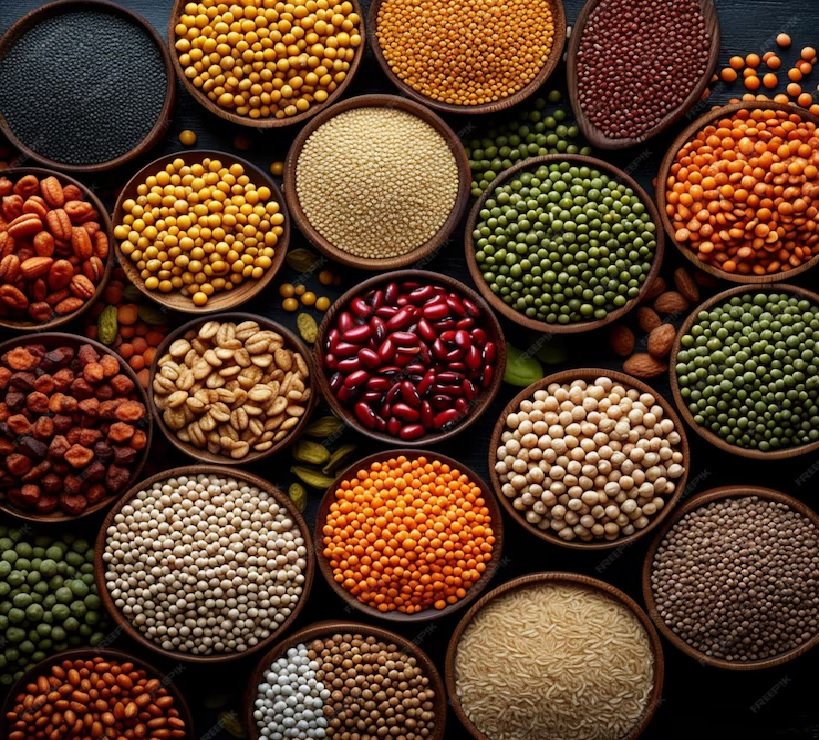Pulses market expected to remain stable due to expectation of ample supply and better production
28-May-2025 01:55 PM

Mumbai. The domestic market price of pulses is not expected to fluctuate sharply in the coming months due to smooth supply and availability, as well as the expectation of better production supported by good monsoon rains during the Kharif season.
Additionally, pulses are being imported regularly from abroad. To maintain import flow, the government has extended the deadline for duty-free import of tur and urad until 31 March 2026,
and has imposed only a 10 percent customs duty on the import of desi gram and lentils. Duty-free import of yellow peas will continue until 31 May, and a decision on its extension is expected soon.
According to the chairman of the India Pulses and Grains Association (IPGA), the possibility of a sharp rise in the pulses market has diminished.
This is good news for consumers, as prices of pulses are unlikely to increase significantly during the remaining months of 2025. There is ample stock of pulses in major exporting countries, and domestic production is expected to improve.
Currently, the market price of most pulses is either close to or below the Minimum Support Price (MSP). In the case of tuvar (arhar), the government has purchased around 5.50–6.00 lakh tonnes, but prices are still running below the MSP.
For the 2024-25 season, the MSP of tuvar has been fixed at Rs 7550 per quintal, whereas in key wholesale markets in states like Maharashtra, Karnataka, Gujarat, and Madhya Pradesh, prices are ranging between Rs 6000 and Rs 7200 per quintal.
According to rough estimates, total imports of pulses during the 2024-25 financial year (April–March) surged to a record high of 68 lakh tonnes, resulting in an all-time high import bill of $5.40 billion.
